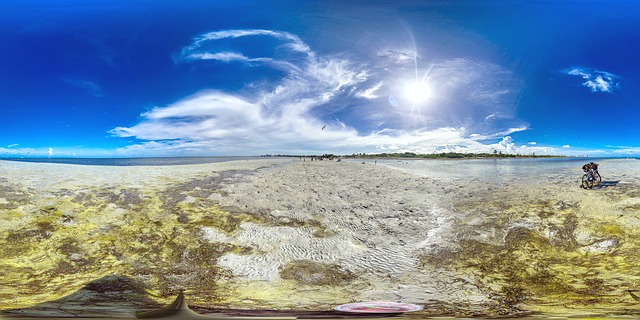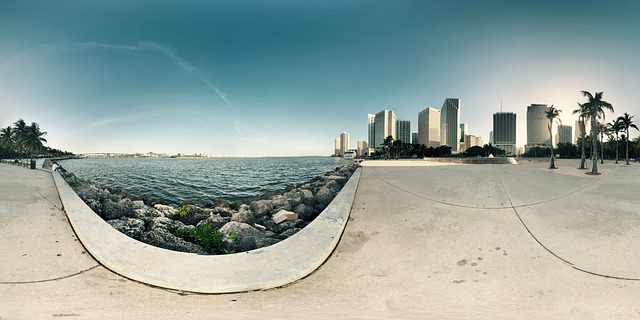Table of Contents
Virtual tourism, also known as virtual reality tourism, has become increasingly popular amongst tourism industry stakeholders in recent times. Banking on technological development and a wide range of Internet users, we now see virtual tourism activities in many parts of the travel and tourism industry, says business and Astro strategist Hirav Shah.
What is Virtual tourism?
Virtual tourism is the concept of a combination of both the notions of virtual reality and tourism. This method indeed facilitates a tourism experience without travelling anywhere.
Virtual tourism explores digitally mediated reality, which includes virtual reality, mixed reality and augmented reality.
For instance, nowadays, people are buying properties without seeing them in person just with a virtual tour. On the other hand, people are visiting museums via virtual tours and teachers are using virtual classes to enhance the educational experience of the students. In the tourism industry, virtual reality (VR) has been rapidly emerging as a marketing tool. Tour operators and tourist attractions are using VR as a means of promoting for some time now and expecting that VR experience will bring some new business.
The growing popularity in the use of VR as additionality to physical tourism experiences is also helping the tourism industry. In the whole process, tourists can stay at home while listening to travel agents’ voices explaining localities and looking at places they visit virtually through gadgets. The outbreak of Coronavirus is also making the people lean towards the best alternative source, virtual tourism, opinions Hirav Shah
Growth of Virtual tourism across the world
As per a study published in 2019, virtual tourism is going to be the next big thing in th

A few advantages of Virtual Tourism
a) Visit places from the past
One of the great technological feats of virtual tourism is the ability to recreate destinations or attractions from the past by using current images alongside computer generation projections, developers are able to design software which allows tourists to experience types of tourism that are no longer available.
b) Touring real places by sitting at home
Google earth has really been a game-changer in the realms of virtual tourism with which one can explore areas throughout the world at the touch of a button.
Conclusion
As Virtual tourism is growing fast as the best alternative for the physical one, many people are showing interest to give it a try. Considering the survival of the people depending on the tourism industry, Virtual tourism is literally breathing life into their businesses. Cost-effective wise too, Virtual tourism is a revolution in the new-age technology interlinked tourism industry, concludes Astro and business strategist Hirav Shah.
































